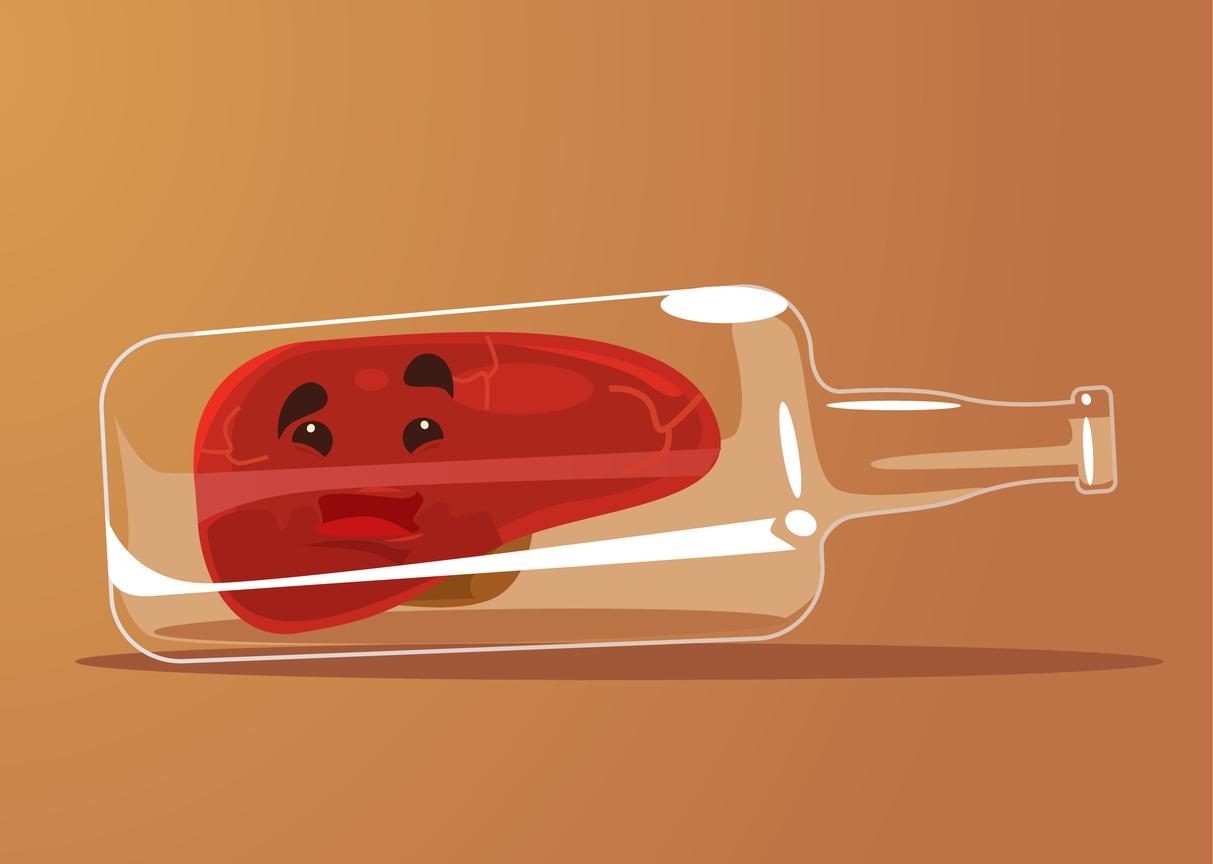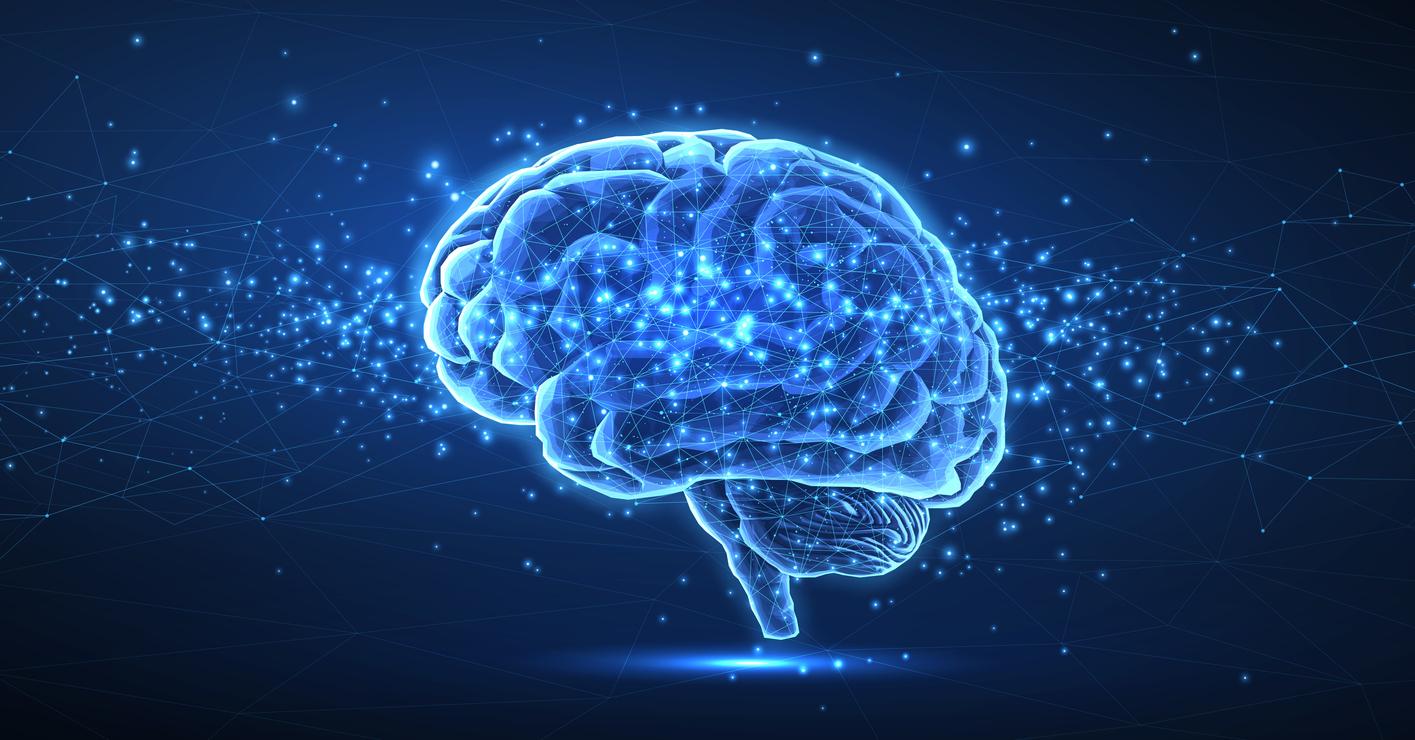In order to prevent the risk of dementia, we should definitely stop drinking alcohol after a certain age. That’s the advice of a British neurologist.

- A neurologist explains that alcohol is associated with many diseases and also with early dementia.
- The specialist advises no longer consuming alcohol from the age of 65.
- Alcohol is a substance that damages and destroys the functioning of the nervous system.
It is estimated that in France, 49,000 deaths per year are due to alcohol consumption, according to the Ministry of Labor, Health and Solidarity. Regular alcohol drinkers are likely to suffer significant health damage. For the record, beyond two drinks per day for women and three drinks for men, alcohol is considered a major risk factor for the occurrence of certain cancers (mouth, throat, esophagus, colon-rectum), liver diseases (cirrhosis) and pancreas, cardiovascular or psychological disorders (anxiety, depression, etc.).
Alcohol damages brain function and memory
Too much consumption is also likely to be associated with early dementia. In an interview published by The SunDr. Richard Restak, neurologist, explained that alcohol is a “direct neurotoxin”, a substance that damages or destroys the functioning of the nervous system. Alcohol abuse could thus alter our brain and consequently our memory.
To combat these risks, the doctor believes that alcohol should be completely banned from a certain age. “I strongly suggest that people aged 65 or older completely and permanently eliminate alcohol from their diet,” advised the author of the book How to Prevent Dementia: An Expert’s Guide to Long-Term Brain Health. He also recommended thinking about your relationship with alcohol, regardless of age, when it serves to calm your anger or relieve your anxiety.

Wernicke-Korsakoff syndrome: excessive alcohol consumption linked to this form of dementia
According to the expert, a specific dementia can affect people who consume too much alcohol: Wernicke-Korsakoff syndrome. It’s about “severe loss of recent memory” And “results from the direct effect of alcohol on the brain“, developed Doctor Richard Restak. In the long term, high alcohol consumption can also cause a vitamin B1 deficiency, leading to this syndrome.

















